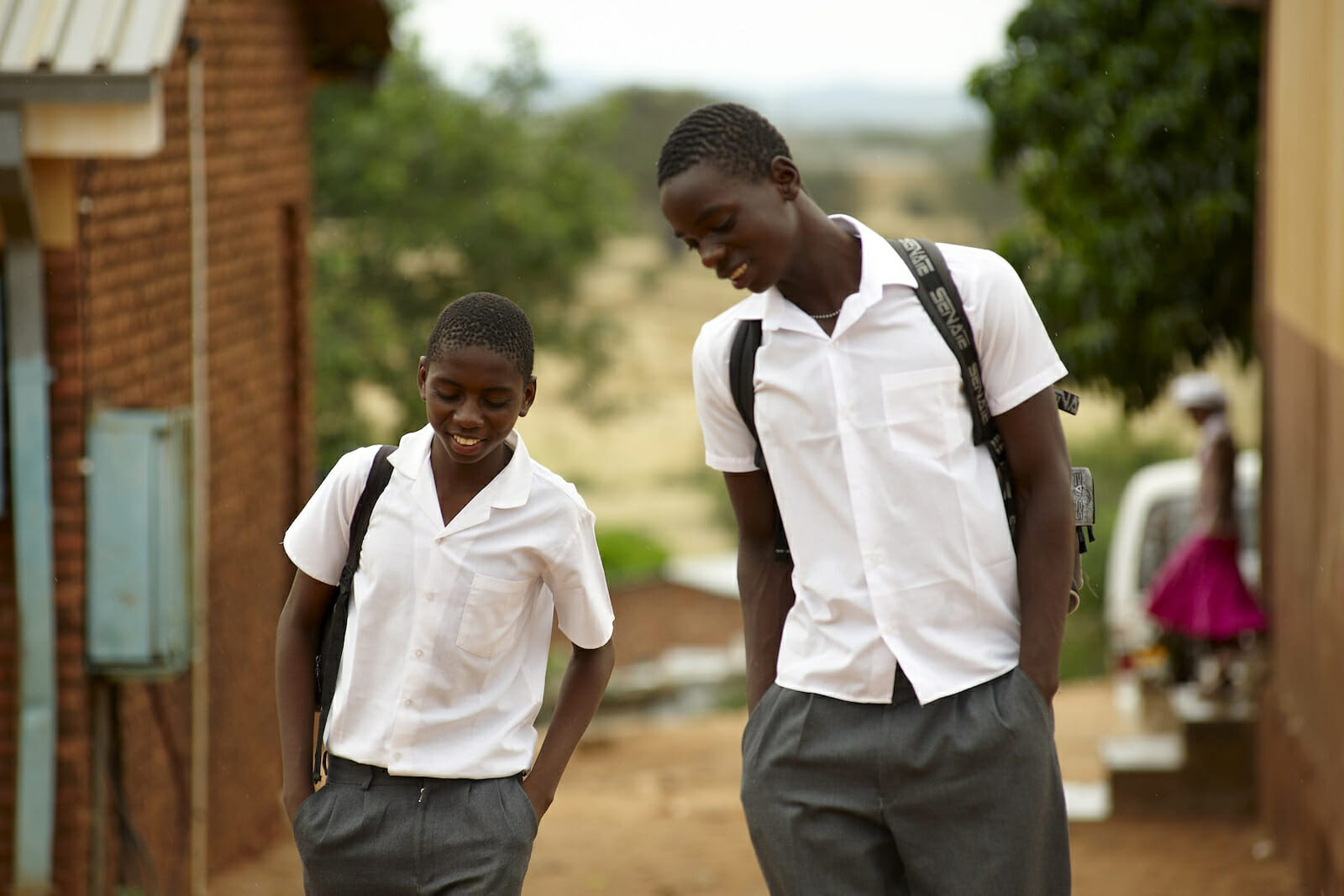
Mandela, Education, and What Didn’t Come to Be
In the wake of Nelson Mandela’s death this past Thursday, media channels have been jamming up with quotes from the influential South African political leader. But they’re not exactly what you would expect. Though somewhat varied in theme, Mandela’s most reproduced quotes center on the topic of education – a departure from what one would anticipate of the man who is almost exclusively credited with ending apartheid in South Africa. So why is the former political revolutionary being remembered across media channels in connection with his efforts to improve education? When Mandela announced his candidacy for the presidency in the early 1990s, he ran on a Reconstruction and Development Programme platform that was dedicated to three main goals: to build one million houses in five years, extend the country’s access to water and electricity, and introduce universal free education.
The statistics for improvement in education in South Africa since the Mandela government was implemented are impressive. By 1999, 1.5 million children were brought into the education system and over 1,000 new schools were built and 4,500 renovated. The matriculation pass rate of students has almost doubled in poorer provinces across the country and ten years after Mandela’s election, literacy rates in the country increased by 6 percent. By 2005, the South African government was spending an astonishing 20 percent of its budget on education.
Unfortunately, these statistics are also misleading. It seems quality has been neglected for quantity in the proposed improvement of the South African educational system. The numbers are impressive from a growth standpoint, yet the quality of South Africa’s education leaves a lot to be desired. The World Economic Forum’s competitiveness index for 2012 – 2013 ranked South Africa’s overall education system at 140 out of 144 countries.
The main problem cited for the failure of the South African educational system is under-qualified teachers. David Silman, a director at the basic education department acknowledges, “The content knowledge of teachers is a serious challenge.” In many cases, teachers will skip areas of the curriculum they feel uncomfortable teaching or ignore curriculum guidelines altogether. Other obstacles include a severe lack of school management, which was exacerbated when the Mandela government parsed power over the schools away from the government center and towards the individual provinces. The result has led to poor policy implementation, inferior training of teachers and bureaucrats, and a system many people have lost faith in.
There is no doubt that the South African educational system leaves a lot to be desired in its current state, across subject areas. Though Mandela spent some time in philanthropic efforts to address the issue of the AIDs pandemic in the country after his term as president, his efforts during his time in office through educational avenues left a lot of issues unanswered.
Mandela’s effort in 1995 to develop the National Policy on HIV and AIDs Education set forth the guidelines for teaching sexual education and education on HIV/AIDs in secondary schools but never set a compulsory curriculum or specific programs. Today, statistics for treatment is on the rise and those for infection among children are declining, but South Africa maintains one of the highest population percentages with the virus in the world – disappointing news for the country, considering the US announcement in March of 2013 of its plan to cut the budget for South African aid by 50 percent by 2017 due to the economic crisis and budget cuts.
There is no doubt that Nelson Mandela himself was a great testament to education. Even through his imprisonment, he continued to study remotely and earn various degrees despite the extreme censorship that prison security executed over his study materials. His efforts to make education more accessible and the results he saw from these efforts cleared the way for serious social improvement. Unfortunately, it seems that the growth Mandela made room for with his reforms never amounted to the quality instruction South African students need.

